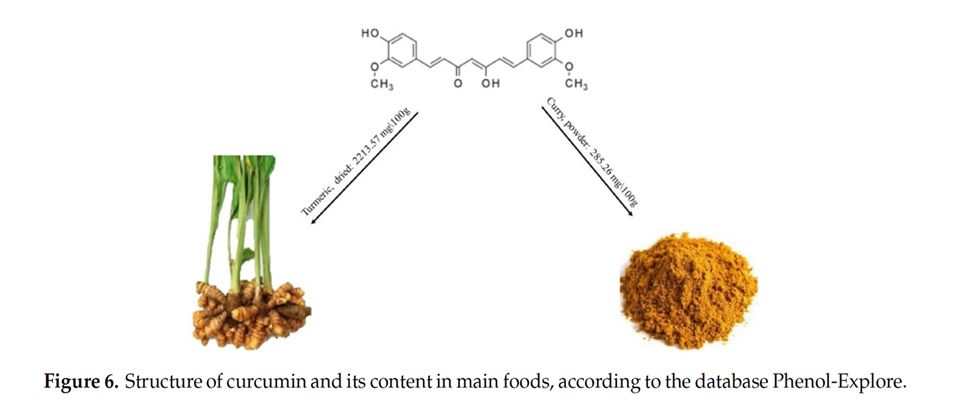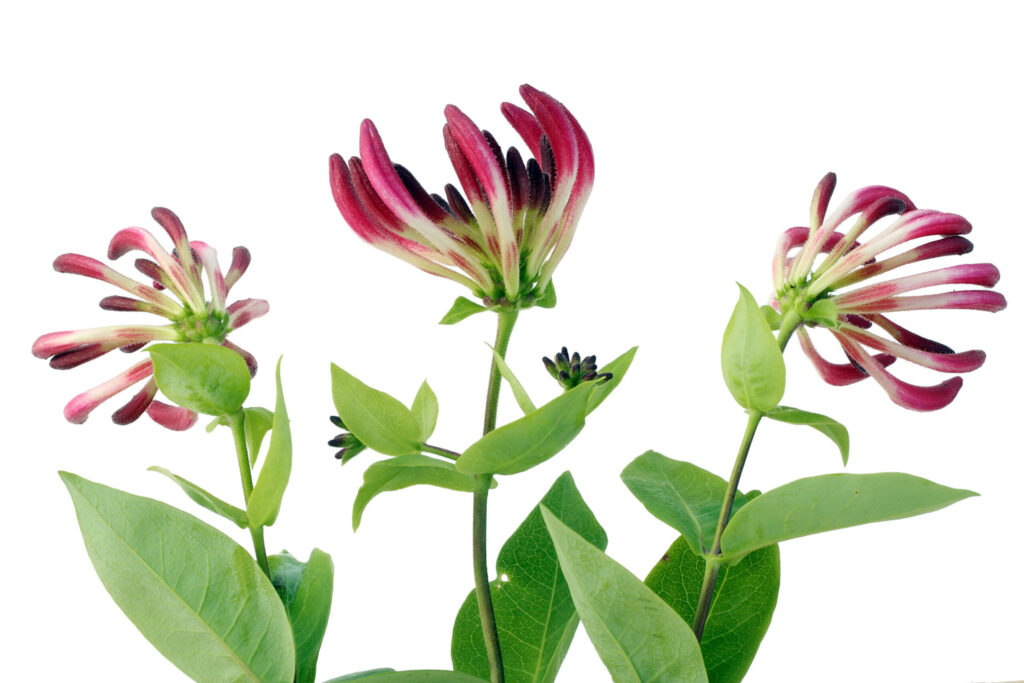
A Bogus Study Makes False Claims About Statins Versus Supplements
Statins for Lowering Heart Disease: A Bogus Study Fuels False Claims Do statins for lowering heart disease work? The headlines recently announced that low doses

Statins for Lowering Heart Disease: A Bogus Study Fuels False Claims Do statins for lowering heart disease work? The headlines recently announced that low doses

When it comes to calcium and heart health, calcium is a major player. Calcium is one of the Swiss army knives of our body’s chemistry.

Whole-grain bread is delicious. It’s also very healthy. In fact, whole-grain bread is so good for you that I encourage you to learn to make

Natural compounds, including curcumin, resveratrol, EGCG, and β-glucan have shown synergistic promising immune-modulating, anti-tumor, and chemo-potentiating effects.
The results of these clinical studies are conclusive, and these studies have established a good foundation for further research focusing on implementing curcumin along with other botanical compounds in clinical oncology. It’s important to note, however, that I never use curcumin as a soloist! I always use a formula that combines curcumin with EGCG, resveratrol, grape seed extract, quercetin, and other botanical extracts. This provides a harmonious approach that best supports healing.

Many plant molecules, such as polyphenols, interact with and modulate key regulators of mammalian physiology in ways that are beneficial to health. The more we

The stem bark of the Arjuna tree has been valued for heart health since 500 BC. This beautiful and amazing tree is native to central

How Zinc Supports Immune Function Zinc is well known for the significant role it plays in immune response and immune health. It enhances both innate

A fever can actually benefit a sick person, and both traditional healthcare practitioners and now even modern researchers have attributed tendencies to over-treat to “fever

The Traditional Medical System Perspective Long before the advent of modern conventional medicine, traditional doctors in the East and Western herbalists from the Vitalist and